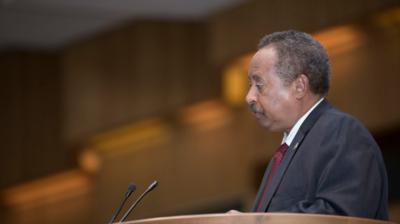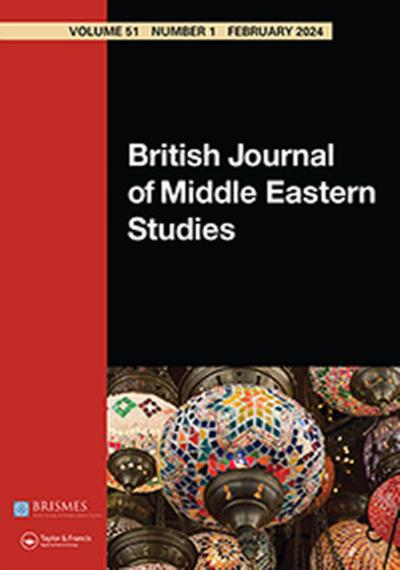A hobbled democracy. The Kenya general elections 1992
On 29 December 1992 the first multi-party elections since 1966 were held in Kenya. This report provides a critical assessment of the circumstances surrounding that event. The irregularities and problems encountered in the run-up to the elections and in the balloting and counting phases cast very serious doubts indeed on their freeness and fairness. The evidence adduced, the bulk of it credible and corroborated, even if part of it may be merely circumstantial or impressionistic, will go a long way towards supporting such a conclusion. However, the multi-party elections, despite flaws and irregularities, no doubt signify that Kenya is moving in a democratic direction. The run-up to the election and the period of political fermentation before that time, the campaign, and the elections themselves have created a wider democratic space in Kenya. The embryo of a new democratic political culture is discernable; from it there is likely to emerge a genuinely democratic practice. Yet, there will continue to be setbacks and hurdles to be overcome. The report concludes on a self-critical note. Whereas the institution of election observing is worth defending, a minimum of professionalism is required on the part of election observers in the discharge of their duties. Inadequate attention has thus far been devoted to specifying and operationalising a set of criteria to be satisfied in order to enhance the professionalism of election observing.



